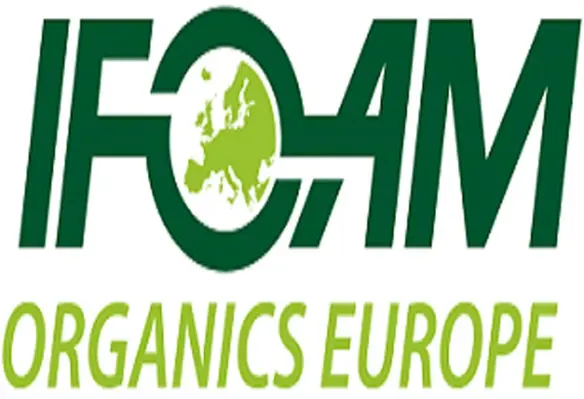Emphasising the limitations of the Product Environmental Footprint (PEF) methodology for certain product categories, IFOAM Organics Europe on 14 February, welcomed the vote on grain claims, with the European Parliament’s Committee on the Environment, Public Health and Food Safety (ENVI) and the Internal Market and Consumer Protection (IMCO) confirming these limitations, that were already highlighted in the Commission proposals
President of IFOAM Organics Europe, Jan Plagge acknowledged the complexity of the agri-food sector, while highlighting that the PEF yielded counterproductive results for agri-food products. The organisation therefore welcomed the Directive's approach, which favoured flexibility in the environmental assessment methodologies for agri-food. “As IFOAM Organics Europe, we have long advocated for a more inclusive approach to evaluating environmental claims, one that goes beyond the PEF to reflect the comprehensive impacts of food production, positive and negative externalities alike,” said Plagge.
Director of IFOAM Organics Europe, Eduardo Cuoco also mentioned that while the exemption of organic products from the green claims Directive's requirements was widely accepted, given their proven environmental benefits, the same however, wasn't the case for private organic standards that went beyond the EU Organic Regulation – both in terms of requirements as well as environmental benefits.
For more information, visit: https://www.organicseurope.bio/





